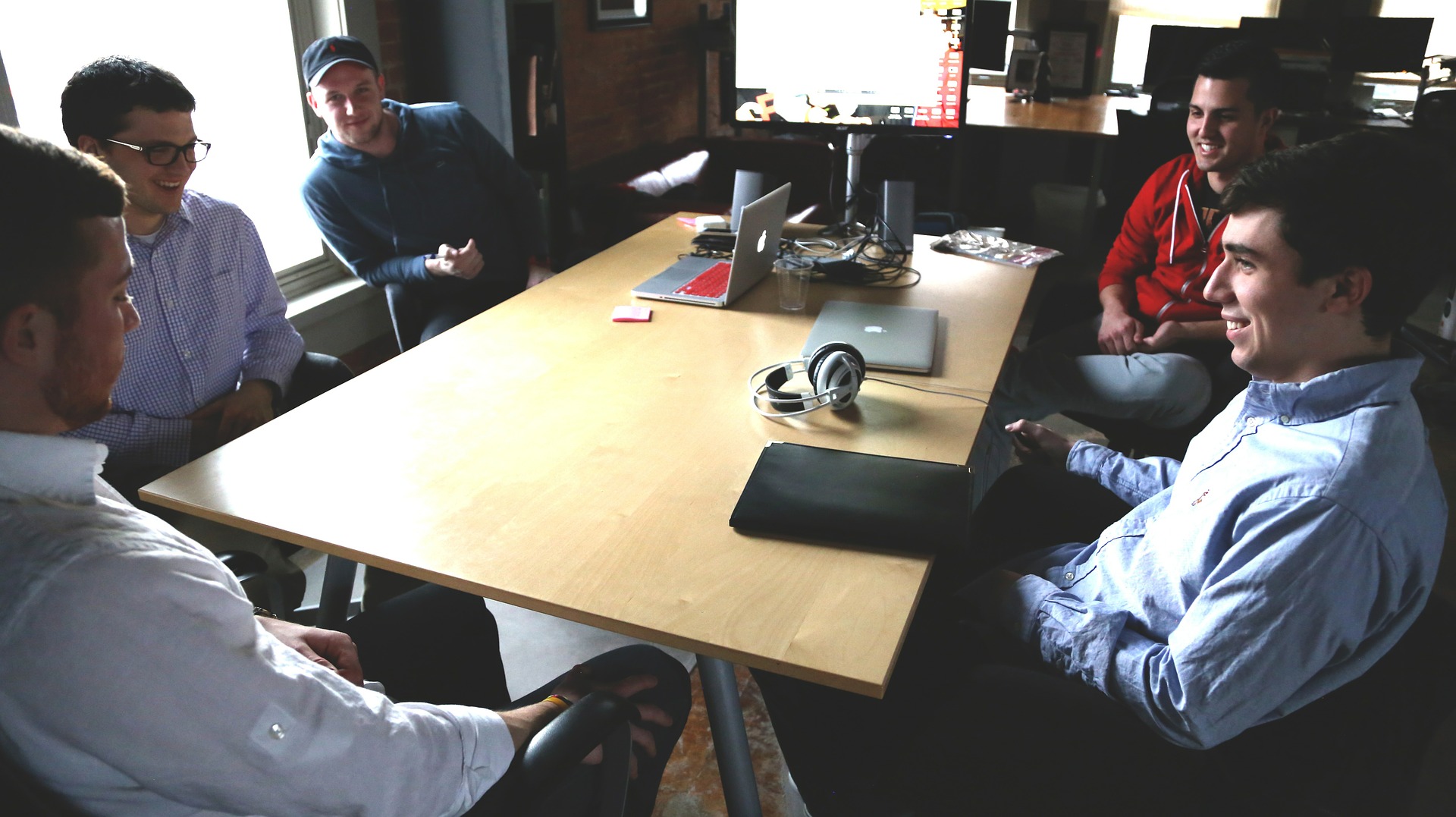




WHAT IS COPYRIGHT?
Copyright is a form of protection provided by the laws of the United States (Title 17, U. S. Code) to the authors of “original works of authorship,” including literary, dramatic, musical, artistic, and certain other intellectual works. Only the author or those deriving their rights through the author can rightfully claim copyright. Generally, the Copyright Act gives the owner of copyright the exclusive right to do and to authorize others to do the following:
• To reproduce the work;
• To prepare derivative works based upon the work;
• To distribute copies of the work to the public by sale or other transfer of ownership, or by rental, lease, or lending;
• To perform the work publicly, in the case of literary, musical, dramatic, and choreographic works, pantomimes, and motion pictures and other audiovisual works;
• To display the work publicly, in the case of literary, musical, dramatic, and choreographic works, pantomimes, and pictorial, graphic, or sculptural works, including the individual images of a motion picture or other audiovisual work; and
• In the case of sound recordings, to perform the work publicly by means of a digital audio transmission.
WHAT WORKS MAY BE PROTECTED BY COPYRIGHT?
Copyright protects “original works of authorship” that are fixed in a tangible form of expression. Copyrightable works include literary, dramatic, musical, and artistic works, such as poetry, novels, movies, songs, computer software, and architecture. Copyright does not protect facts, ideas, systems, or methods of operation, although it may protect the particular way these things are expressed.
CAN I COPYRIGHT MY WEBSITE?
The original authorship appearing on a website may be protected by copyright. This includes writings, artwork, photographs, and other forms of authorship protected by copyright. Copyright law does not protect domain names, however.
The Internet Corporation for Assigned Names and Numbers (ICANN), a nonprofit organization that has assumed the responsibility for domain name system management, administers the assignation of domain names through accredited registers.
HOW DO I PROTECT A NAME, TITLE, SLOGAN OR LOGO?
Copyright does not protect names (including names of bands), titles, slogans, or short phrases. In some cases, these may be protected as trademarks. However, copyright protection may be available for logo artwork that contains sufficient authorship, and in some circumstances, an artistic logo may also be protected as a trademark.
WHY REGISTER MY COPYRIGHT?
In general, copyright registration is a legal formality intended to make a public record of the basic facts of a particular copyright. The copyright law provides several inducements or advantages to encourage copyright owners to make registration. Among these advantages are the following:
• Registration establishes a public record of the copyright claim.
• Before an infringement suit may be filed in court, registration is necessary for works of U.S. origin.
• If registration is made prior to an infringement of the work, statutory damages and attorney’s fees will be available to the copyright owner in court actions. Otherwise, only an award of actual damages and profits is available to the copyright owner.
• If made before or within 5 years of publication, registration will establish prima facie evidence in court of the validity of the copyright and of the facts stated in the certificate.
• Registration allows the owner of the copyright to record the registration with the U.S. Customs Service for protection against the importation of infringing copies.
I’VE HEARD ABOUT A “POOR MAN’S COPYRIGHT.” WHAT IS IT?
The practice of sending a copy of your own work to yourself is sometimes called a “poor man’s copyright.” There is no provision in the copyright law regarding any such type of protection, and it is not a substitute for registration.
WHAT IS THE DIFFERENCE BETWEEN A COPYRIGHT, TRADEMARK AND PATENT?
Copyright protects original works of authorship, while a patent protects inventions or discoveries. Copyright does not protect ideas, concepts, systems, or methods of doing something. You may express your ideas in writing or drawings and claim copyright in your description, but be aware that copyright will not protect the idea itself as revealed in your written or artistic work. Finally, a trademark protects words, phrases, symbols, or designs identifying the source of the goods or services of one party and distinguishing them from those of others.
INTERNATIONAL COPYRIGHT PROTECTION:
There is no such thing as an “international copyright” that will automatically protect an author’s writings throughout the entire world. Protection against unauthorized use in a particular country depends, basically, on the national laws of that country. However, most countries do offer protection to foreign works under certain conditions, and these conditions have been greatly simplified by international copyright treaties and conventions. The United States has copyright relations with most countries throughout the world, and as a result of these agreements, we honor each other’s citizens’ copyrights. However, the United States does not have such copyright relationships with every country.
HOW LONG DOES IT TAKE TO REGISTER A COPYRIGHT?
The time the Copyright Office requires to process an application varies, depending on the amount of material the Office is receiving. If your submission is in order, you may generally expect to receive a certificate of registration within approximately 6 months of submission. However, a copyright registration is effective on the date the Copyright Office receives all the required elements in acceptable form, regardless of how long it then takes to process the application and mail the certificate of registration.
>h3>IS MY COPYRIGHT BEING INFRINGED UPON?
The test used to determine if one is infringing another’s copyright is the "substantial similarity test," which establishes whether, although copied, the copying went so far as to constitute improper appropriation. To prove infringement, a plaintiff must show not only that the defendant copied the work but that the copying was illicit. To this end, plaintiff must demonstrate not only that similarities exist between the works but that these similarities are substantial. The substantial similarity between plaintiff’s and defendant’s works must go to their expression, not merely to their facts or ideas.
WHY CHOOSE OUR SERVICES?
Experience: Over 15 years of Entrepreneurial, International & Small Business Experience
Cost-Effective: Our suite of flat-rate legal products are designed to save you money by delivering exactly what you need without the need for high billable hours for unnecessary services
User-Friendly: Our services can be delivered “virtually” creating greater efficiency, ease-of-use and cost-savings for you. This also helps us to better meet your deadlines!
Quality & Service: Our business is dependant on our high degree of customer service and the quality of our work-product. We are committed to exceeding client expectations and going above and beyond to ensure satisfaction with our legal products. We also pride ourselves on our responsiveness!
Support: Our clients enjoy a great amount of guidance and ongoing support
